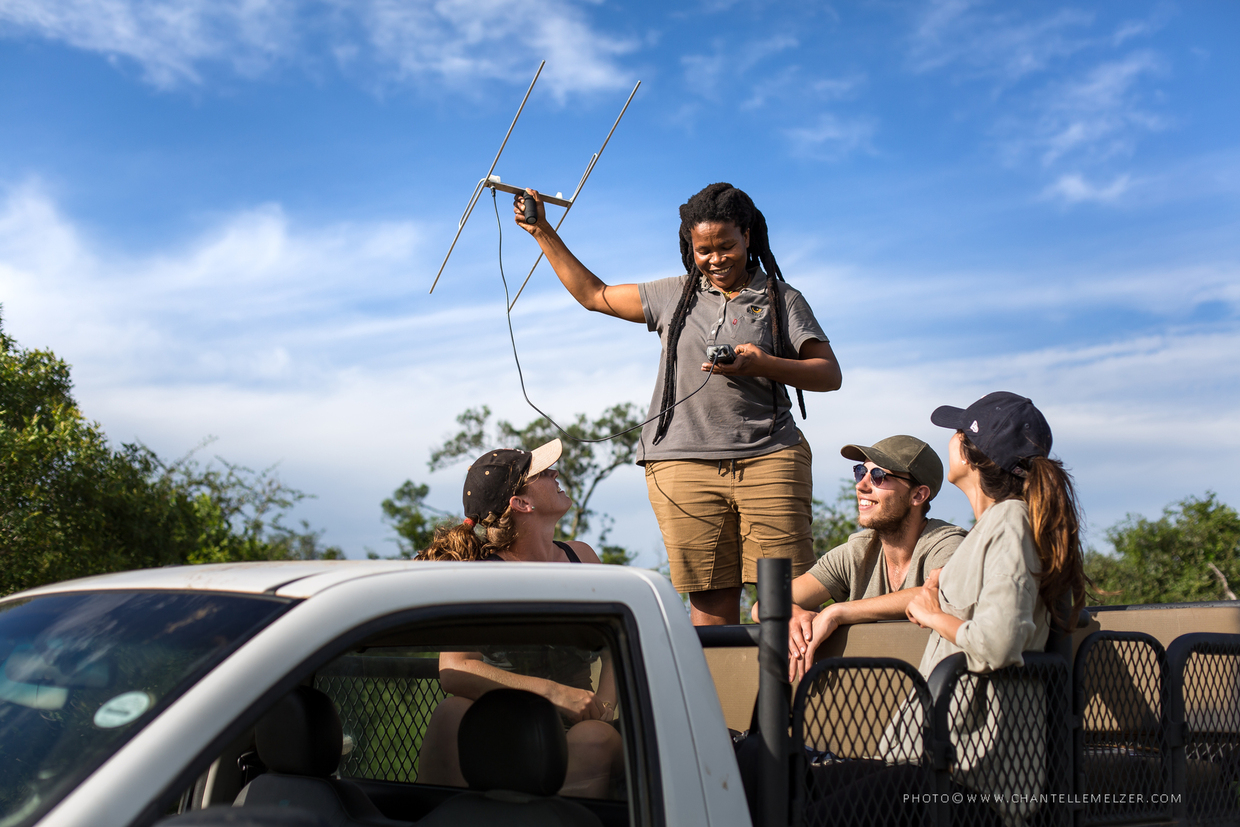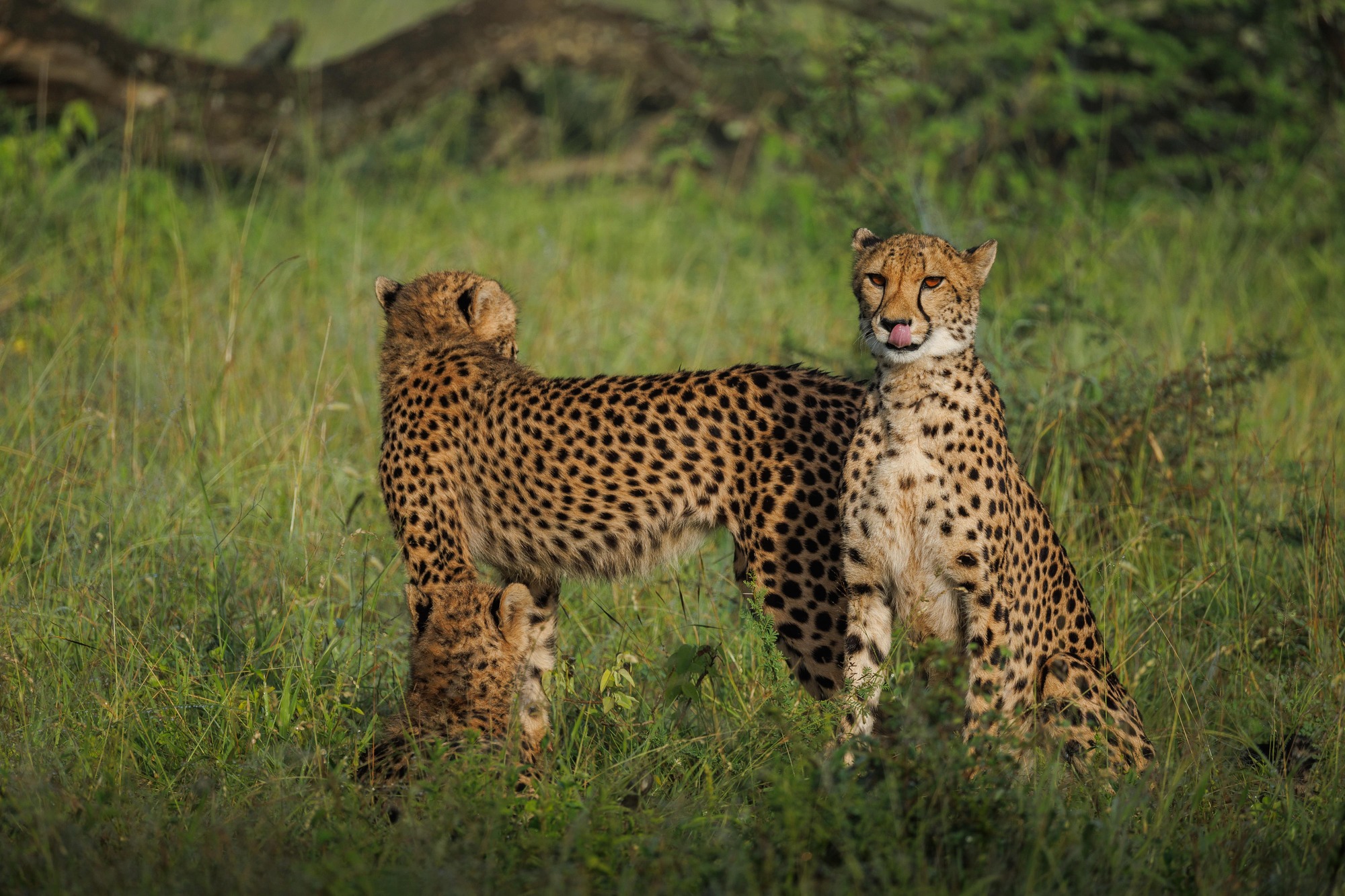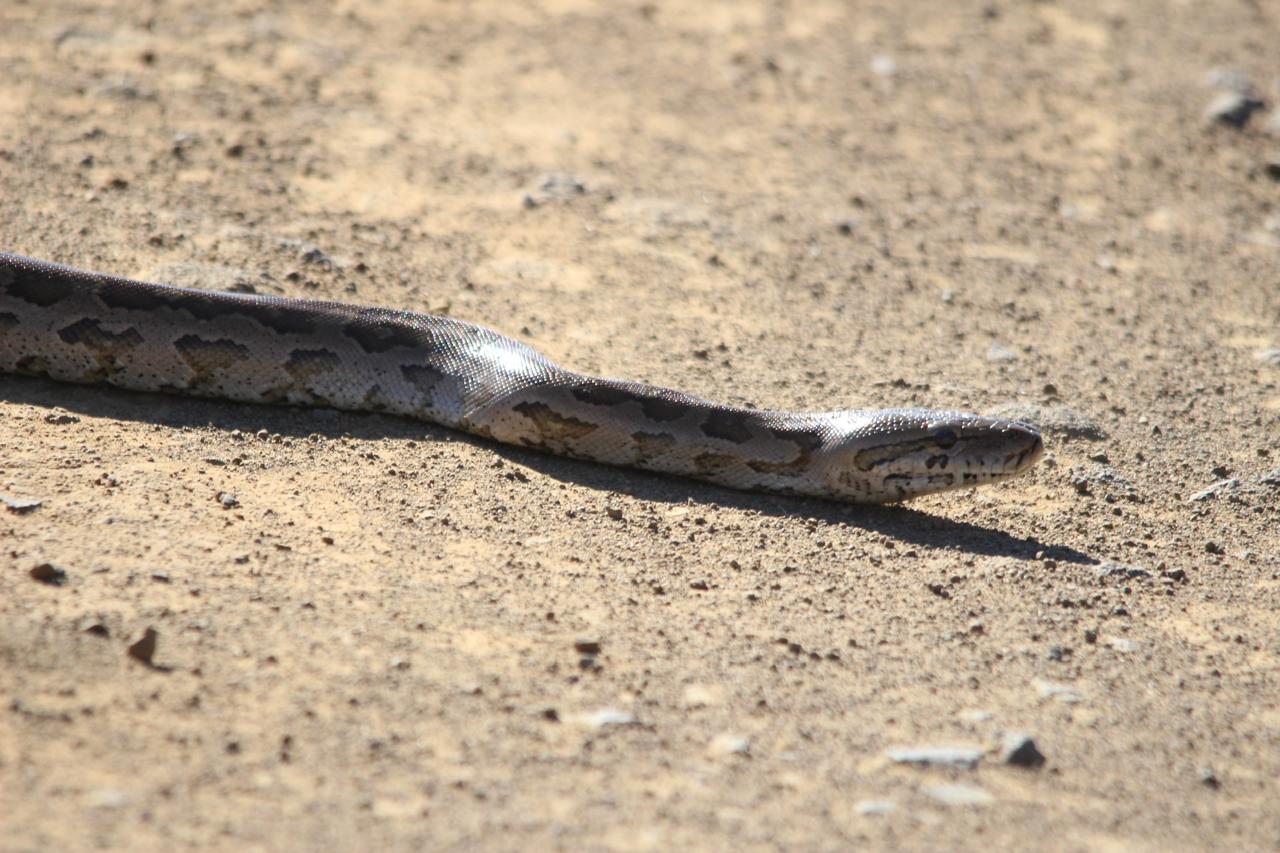A number of mammals possess a “sense” that humans lack – the Flehmen response. This functional form of communication forms part of the olfactory system and involves the Vomeronasal organ (or Jacobson’s organ) and the decryption of chemical messages.

The Flehmen response occurs in a variety of mammals from the smallest field mouse to large carnivores such as the Cheetah and Lion, and the larger ungulates/near-ungulates such as Rhino and Elephants!

This unique organ is connected to the nose and/or mouth, and responds to both smells and tastes by detecting moisture-borne chemical signals. This form of communication is recognisable by the facial expression of individuals upon detecting a scent, aptly termed - the flehmen “grimace”.
The most obvious expression of the Flehmen response is the curling of the upper lip and wrinkling of the nostrils (as seen with the Lion and Zebra) however it can also be observed more subtly, such as this Cheetah pictured below simply opening his mouth and inhaling, or an Elephant touching an object with its trunk and then inserting the trunk tip into the mouth.

One mostly associates the Flehmen response with a male individual testing a female’s “reproductive status” but in fact there are many additional cues delivered through the release of pheromones, from individual recognition (friend or foe?), frame of mind, and even to location recall, many cues that research is yet to understand.
https://youtu.be/TnXEeqlCTHE?si=b0xLuAtGvTGqQsH6
In truth, we can only make guesses as to the content of these chemical messages that animals pass between themselves, so as we watch them in the field, we try to discern all we can. And although we don’t have our own “sixth sense”, we do have our own ability to ponder, imagine, and research to further our knowledge on the wonderful puzzle of wildlife.
- Text by Conservation Course & Training Manager, Megan Hudson




.jpg)




(1).avif)
.avif)